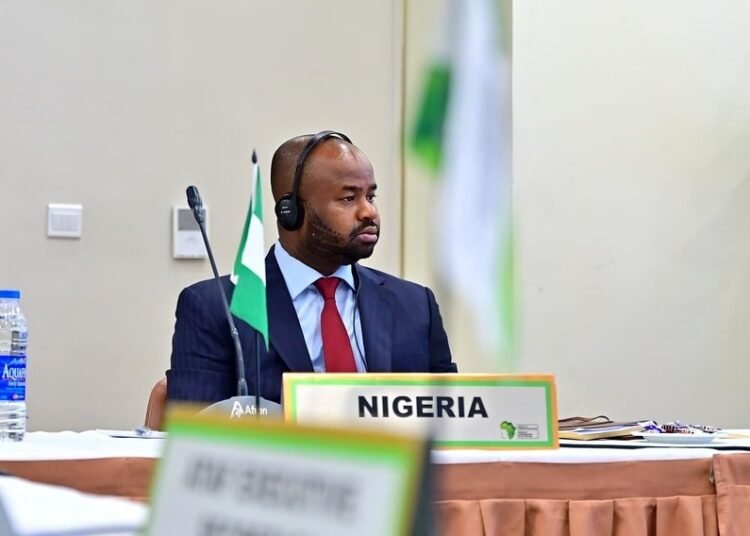The Federal Inland Revenue Service (FIRS) has announced plans to introduce an e-Invoice system aimed at improving tax administration and compliance in Nigeria.
The Executive Chairman of FIRS, Dr. Zacchaeus Adedeji, made this known during the “Emerging Tax Matters” stakeholders’ engagement organized by the Lagos Chamber of Commerce and Industry (LCCI).
According to Adedeji, the new system aligns with the Tax Administration and Enforcement Act of 2007 and forms part of the ongoing digital transformation strategy of FIRS.
The e-Invoice system, he added, will enable real-time validation and storage of transactions across various business sectors.
Represented by Mrs. Oti Olaniyi, Acting Director of the Medium Taxpayers Department, Adedeji explained that the e-Invoice system would streamline tax processes and ensure efficiency in business-to-business, business-to-consumer, and business-to-government transactions.
The e-Invoice is a digital document that can be automatically processed and stored electronically throughout its lifecycle, allowing for greater transparency in tax dealings.
Adedeji emphasized that this initiative is a significant step towards modernizing Nigeria’s tax system.
Adedeji highlighted the challenges and opportunities posed by Nigeria’s evolving tax environment, noting that leveraging technology will create a more equitable tax system.
“Our collective efforts will pave the way for a more prosperous and resilient Nigeria,” he said.
He also discussed recent reforms within FIRS, including the restructuring of the agency to support sustainable growth.
He pointed out the need for simplified tax regimes to engage the informal sector, which constitutes a large portion of Nigeria’s economy.
In response to the announcement, LCCI President Gabriel Idahosa commended FIRS for its ongoing reforms and stressed the importance of collaboration between the government and the private sector.
He noted that Nigeria’s tax system has undergone significant changes aimed at boosting revenue and simplifying compliance. Idahosa also mentioned FIRS’ ambitious target to increase tax collection by 57% to N19.4 trillion in 2024.
He called for tax policies that promote business innovation, recommending tax breaks for wage increases and the removal of barriers to foreign currency-denominated transactions.






























































